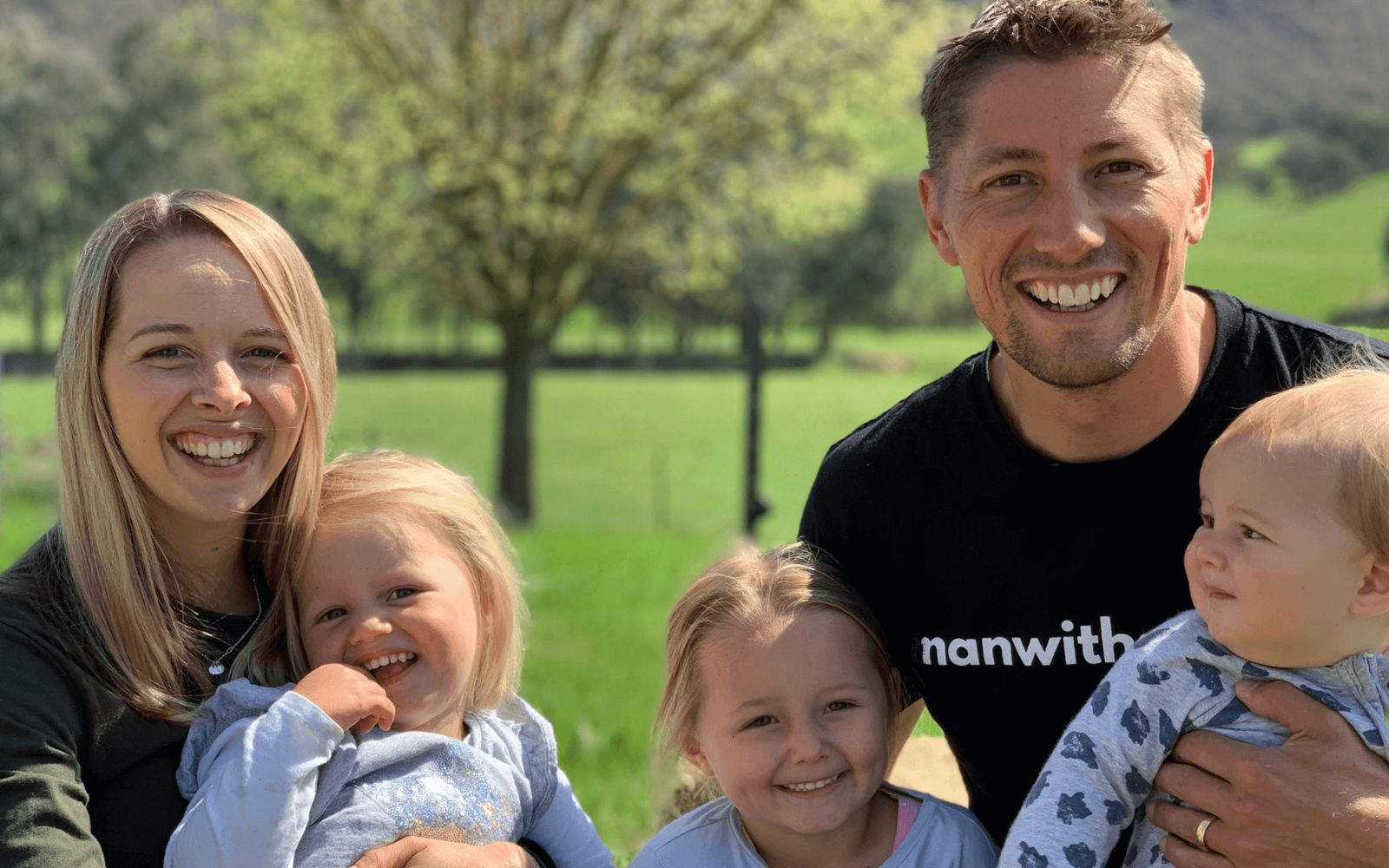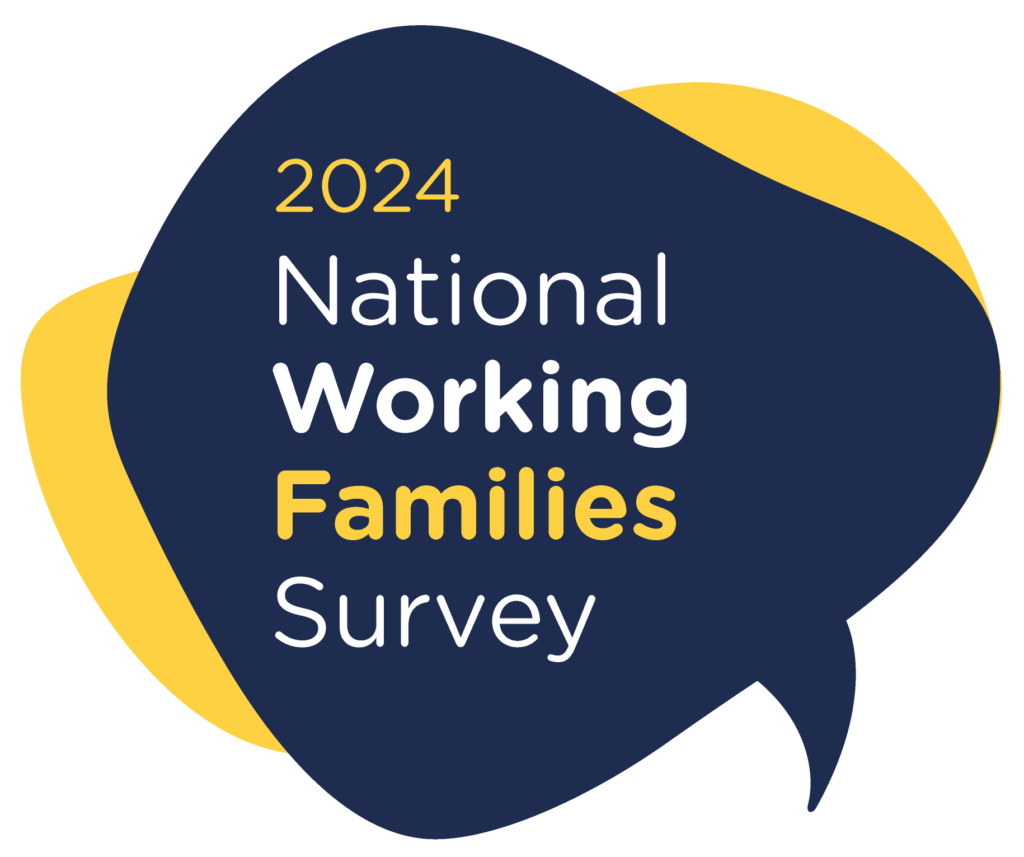When you first meet Thomas Docking he comes across as a bit of a muck about lad. He’ll be the first to tell you how much he loves the water (ocean), skateboarding with his kids, date night with his wife Kate and BBQ’ing in the street with the neighbours. Thomas is laid back but at the same time, strike up a conversation with him about what’s really going on in the world and you’ll find a man that is very passionate and deeply committed to life, his family and his work.
Thomas comes from a background in corporate strategy, integration and global market analytics, having previously worked for companies such as BHP and PwC. In 2013, he stepped away from his corporate role to co-found Dads Group Inc, a not for profit organisation collaborating with Australia’s leading family support organisations to combat isolation amongst new fathers.
Thomas also founded Australia’s first national Father’s Day event, Man With A Pram. Man With A Pram is an event where new fathers across Australia can join together with their children and families to be connected and celebrated by their local community.
This month we caught up with Thomas to ask him about his work with Dads Group, what it’s like organising a nationwide fundraising event and how he approaches full time work (at home) with 3 children. We trust you’ll enjoy what he had to say…
Can you tell us a little bit about your daily experience working from home full time with young children?
I like working from home during the early years of my children’s life. Everyone says they grow up so fast and they do. There are massive challenges to the home office scenario from a productivity standpoint. For me though, I think of it as an investment into what I believe is the more important choice when considering the number of years I am alive and the opportunities I have been given. The balanced way to look at the pros and cons for me is to take the extremes of a good day in the office compared to a bad day in the office.
The good day could look like this…
“DAD!! GEMME BWEKFASS” …. “DAD!! GET UP, DAD GEMME BWEKFASS” my toddler yells with a strange amount of entitlement and control. (This will be gone soon I think to myself and decide to get up). My two older girls will have already prepared for their day of school with their lunch packed and their uniforms on. One of them will have written me a letter and the other one will be excitedly telling me about a ‘weird as’ conceptual story that bends my brain around onto itself (kids are amazing creatures I think to myself).
Now to the machines….I will throw a load of washing on to try and get in front for the day and stack the dishwasher so they can all be working while we are working. On a good day I will have let Kate (my wife) have a little sleep in and make her a takeaway tea and breakfast.
Once they have all departed for the school run…, on a good day, I will have scheduled 30-40 minutes exercise and will run down to the beach and hope there is a wave and a mate or two to say hi to. Then head back home past the little coffee shop and snag a takeaway to be back in front of the screens before 8.30am.
A day of zoom calls, phone calls, program reporting, government meetings, team briefings and marketing ideas with a welcomed interruption for lunch. Then all of a sudden it’s 4pm and I’m looking back at the great wins from the day to justify why I haven’t had time to complete the unrealistic list of tasks I dreamed up for myself when I was feeling optimistic.
Then finally I get a knock at the door with 3 beautiful kids telling me it’s 5 o’clock and it’s time to play before dinner. So we go out into the court, get the skateboards out and the bike and the toys and hang out with the neighbours for a laugh and… on a good day we’d have a street BBQ dinner outside – (so there is very little clean up to do).
As for a bad day… well, now that I think about it, I don’t feel like writing what a bad day looks like. We all have enough of them.
What do you find supports you to achieve a good balance between work and family?
I find there are a few key things that help me achieve a good balance between work and family.
Firstly, having purpose and meaning to both my work and my family life in a way that I equate value to both and can make sacrifices at times to achieve the long-term goals of both. Secondly having a strong local community that I invest in. Thirdly, having exercise that I enjoy with friends and family. Fourthly, having open conversations at work about work and homelife. And lastly, making sure all of the above are somewhat scheduled into the calendar so I don’t go for too long without reassessing.
As Founder of Dads Group, can you talk about the work you do in the perinatal space for men, and why you feel it’s important to raise more awareness and support for dads who experience perinatal anxiety and depression.
My ‘why’ for this work is because it is clear to me that the flow on effects and long-term impact of unintentionally leaving fathers out in the perinatal space is causing and has caused a great amount of human and community tragedy.
More specifically I’m talking about avoidable violence against women and children, avoidable suicides and murder suicides, avoidable child abuse and neglect and avoidable relationship breakdown and separation in the perinatal period.

All these situations have a traumatic impact on a child’s development and lead to increased likelihood of ongoing mental health and social challenges that can further burden our families and communities.
For decades the health system has not been able to address and engage fathers for a number of historical system related issues as well as significant cultural issues. The system related issues stem from the health policy frameworks that address health problems with a high level of specificity and focus. This has resulted in limited resources being available for men to achieve immediate efficient outcomes, an approach that officially truncates the model of care at certain boundary lines that exclude fathers and partners.
All of this is very reasonable from a historical system design perspective, however, in the light of increasing downstream community tragedies such as perinatal family violence and suicide, I believe there is an opportunity to review the potential relationship between meaningfully engaging fathers in the perinatal period and the impacts on healthy family cohesion.
You often talk about the importance of doing something with your life that really matters. Something that has a greater impact on the world. As a working dad, can you share a little about what that looks like for you?
What really matters in life is different for all of us but for me I have found that taking the time to reflect on what I believe and what I could achieve has helped me identify where to put my energy.
Striving towards a goal fundamentally is something that I enjoy doing. So, identifying something I see needed in the world and setting an achievable goal has been my framework for purpose.
When becoming a father for the first time I was not ready and if I am honest I wasn’t as excited as I really wanted to be. This was frustrating because I had always wanted to be the impossibly great father and husband but when the time came, I felt there were way more concerns and unknowns than I had anticipated.
For me being a great father and husband was possibly one of the highest callings you can be given. It’s probably far more humbling than any other calling, it’s probably harder than most other callings, it’s definitely more constant than any other calling and I personally think it is more deeply rewarding than any other calling. So, reflecting on this I thought that contributing to the world could mean thinking globally and acting locally with a fatherhood and family lens. For me this meant working hard at being a great husband and father, then inviting any others who share those ideals to join.
Some of the most helpful fatherhood things I have learned in life have come from the communities of fathers and families that I connect with. I get it all wrong so often and the older I become as a parent the more I realise most of us parents are getting it all wrong (at least in our own heads) so often. The one thing we definitely have got wrong as an advanced intelligent society is how much we live and operate in healthy local communities. So for me – putting these two things together, fatherhood stuff, and community stuff was worth exploring.
For seven years now I have been working, researching, designing and implementing projects and programs locally and nationally to learn how we can build better generations of active fathers and positively impact generations of children. We have preliminary evidence to suggest our hypothesis is correct and we have a growing community of mums and dads and researchers who are passionately helping the cause to bring about positive change in the perinatal period for fathers, mothers, babies and communities.
When starting this cultural and health system change vision, I knew that a major systemic change would take a generation. So seven years into the 25 year vision I am still as passionate about the work we are doing together and there isn’t a day without purpose.
It would only be fair to add the important point that whilst each day has great purpose I would be lying if I omitted that I sometimes want to throw the towel in and not have the stressful challenges of running an underfunded organisation trying to win the hearts, minds and purse strings of industry and health policy leaders. It’s tough. Often very tough, but when we get to see the impacts on the lives of new mothers, fathers and babies and we hear the feedback from the midwives and child health nurses we know that persistence and perseverance will bring about the change we can see is beginning to happen.
How will you be celebrating Father’s Day in 2021?
Father’s Day is an exciting day for our family, team and organisation. Each year we host Australia’s largest National Father’s Day event called “Man with a Pram“. It is a family and community event designed to build “the village that raises the child”. Grandparents, Fathers, mothers, infants, midwives, and health practitioners are all part of these events, in fact anyone who wants to support the new parents in their local community are encouraged to join the events. The events range from easy to host local small family events with 1-2 people walking with a “Man with a Pram” t-shirt on all the way through to large council co-hosted events with hundreds of people.

The theme this year is “A family walk for fathers mental health” focusing on breaking the stigma associated with talking about challenges we all can have in the perinatal period. Some of these challenges can include; isolation, anxiety, fear, worry, loss, grief, depression, mental and physical ill health. We have however found that in healthy communities of support that these challenges can be combated through the collective sharing which often creates relief, satisfaction, perspective, healing, joy, wellness and sometimes a small dose of helpful humour.


